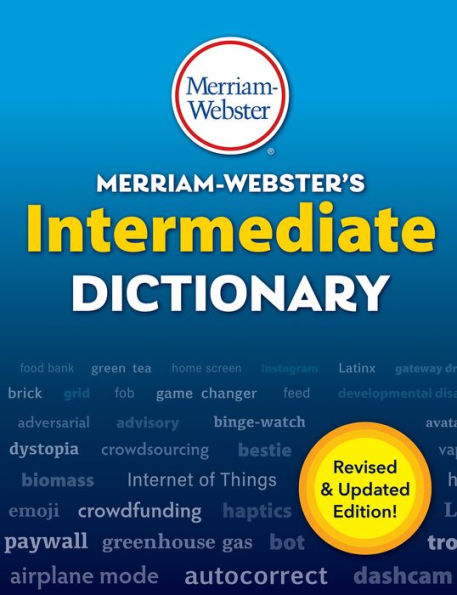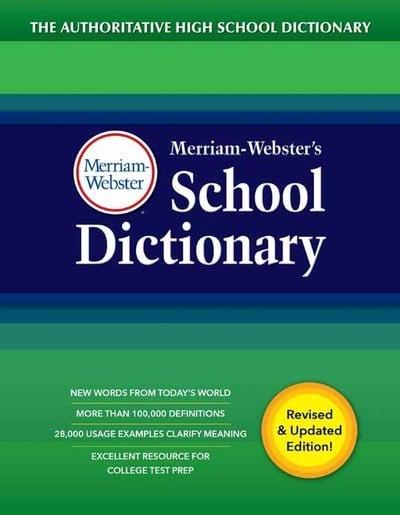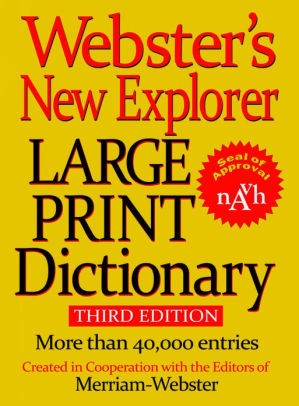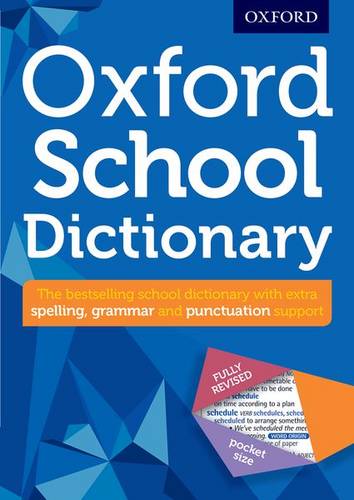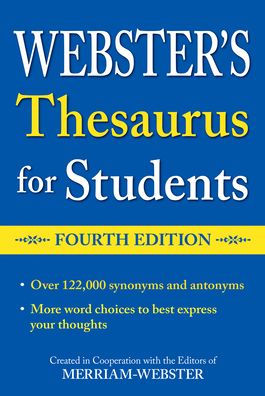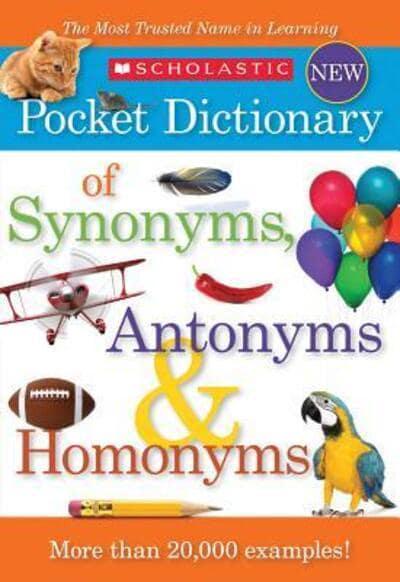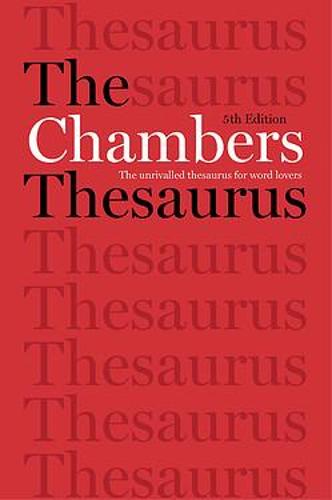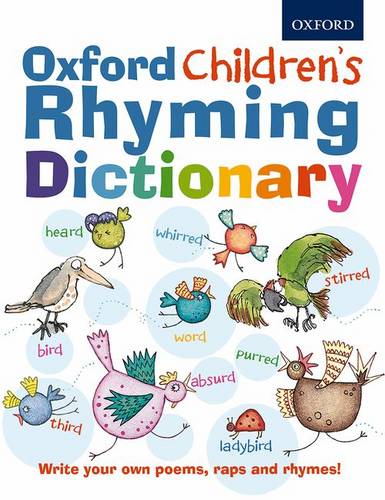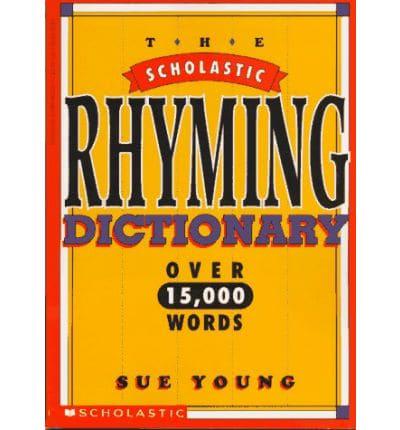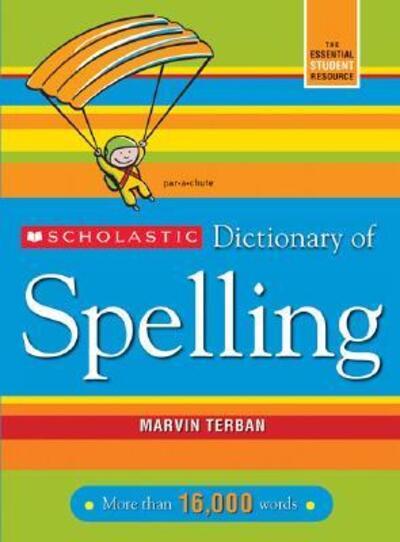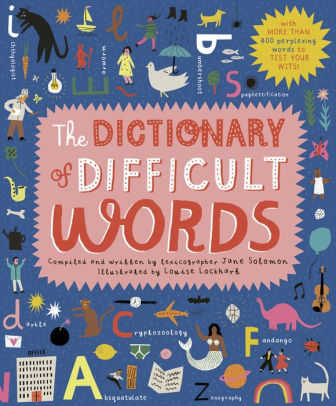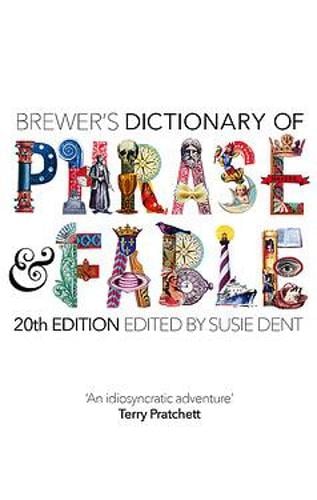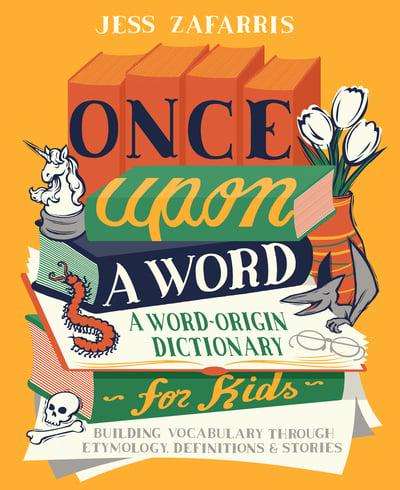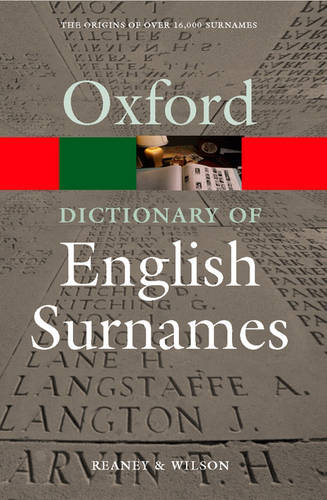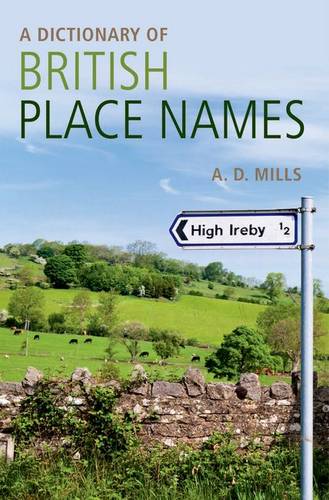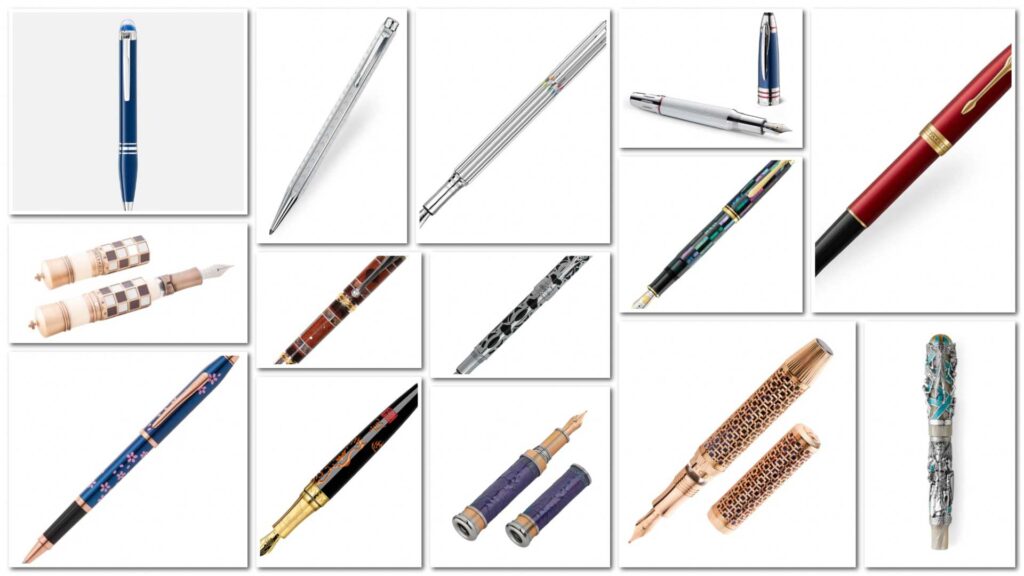Dictionaries for kids
Which dictionaries and thesauruses are best for teaching creative writing? | Suitable for 6-18 year old students
Dictionaries for children and teens – our recommendations for school and home learning
Our advice – don’t dumb down dictionaries for children. Children enjoy finding new and exciting words. Without the Chambers 1986 edition, I would never have uttered the phrase ‘Zugzwang juxtaposition’ to evade punishment at school, and I might still be under the misapprehension that ‘oxymoron’ was a highly targeted spot treatment.
Should I buy an American, British, Australian, or Canadian English dictionary? Our view:
Around 1.5 billion people, or 20% of the world’s population, speak English. A fraction of that figure – approaching 400 million people, write in English as a first language. Of that population, currently American English is more used than British English as the form of choice in countries that stipulate English as the primary national language. But this isn’t always the case in countries that don’t use English as their only or primary national language. Some of the largest developing world populations use the English language in their education systems. India and Pakistan favor British English but China teaches both forms, possibly slightly favoring American English.
Over the next 20 years, the proportion of the world’s population using American English is likely to grow further, fueled by globalization and the use of the internet. But the literate youth of developing world populations may well balance that out. At the same time, the global job market and move towards freelancing and gig economies could well lead to students with a command of both American and British English having an advantage in the employment market. Perhaps a ubiquitous international English will develop and predominate. Our advice – it’s a good idea for today’s children to be aware of both British and American spelling and grammar conventions.

Dictionaries for children and schools – our recommendations
American English Dictionaries for children
Merriam-Webster’s Elementary Dictionary by Merriam-Webster
Suitable for children aged 8-11 in grades 3-5, this comprehensive dictionary not only contains 36,000 words that elementary school students are likely to encounter, but also helpful color illustrations, a writing guide, world and USA maps, etymology snippets, children’s literature quotes, modern STEM words, and common word roots. Highly recommended as a teaching and homeschooling resource, this dictionary is also approved for use in Texas STAAR testing classrooms.
Merriam-Webster’s Intermediate Dictionary by Merriam-Webster
This hardback is suitable for children aged 11-14 in grades 6-8 and contains over 70,000 words. With an emphasis on new words in science, technology, and social media fields, this up-to-date dictionary will appeal to teens. There are also useful sections for synonyms, word origins, and illustrations.
Merriam-Webster’s School Dictionary by Merriam-Webster
Aimed at high school students, this dictionary is especially useful for students in grades 9-12 who want a lighter-weight dictionary to carry around school. With over 100,000 words, useful illustrations, and biographical and geographical sections, this book is also a useful classroom and homeschooling resource.
Webster’s New Explorer Large Print Dictionary by Merriam-Webster
Based on the Merriam Webster series of dictionaries, this large print edition includes over 40,000 words. With a clear, compelling, and intuitive layout, this is an ideal resource for visually handicapped students who need to check spellings and definitions in grades 6-12 and a must-have classroom resource.
Merriam-Webster’s Collegiate Dictionary by Merriam-Webster
The go-to dictionary for college students, editors, writers, and marketers. With over 225,000 definitions and a helpful writing style guide, this is our recommended dictionary for 11th and 12th graders looking towards a college education. Weighing in at over three pounds, this is literally a solid investment.
British English Dictionaries for children
Oxford School Dictionary by Oxford Dictionaries
Recommended for year 6 of USK2 in UK primary schools, this hardback dictionary is a useful classroom and home learning resource. With a concise and clear layout, this is a good option for SPAG practice, proofreading, and developing dictionary skills for independent writing. There are helpful extension activities on the Oxford website.
American English Thesauruses (dictionaries of synonyms and antonyms) for children
Webster’s Thesaurus for Students by Merriam-Webster
A great resource for high school students. With over 122,000 synonyms and antonyms, this is a solid, affordable, and worthwhile thesaurus to encourage more varied and interesting writing. This edition is ideal for purchase as a classroom set for language arts classes or creative writing groups.
Scholastic Pocket Dictionary of Synonyms, Antonyms, Homonyms by Scholastic
This is a useful and engaging repository of over 12,0000 synonyms and 10,000 antonyms. The bright and visual layout will appeal to children in grades 6-8 of middle school. The additional 200 homonyms will also help with frequently confused spellings. A good resource to help improve students’ writing.
British English Thesauruses (dictionaries of synonyms and antonyms) for children
Roget’s Thesaurus of English Words and Phrases by Penguin UK
The world’s bestselling thesaurus, this invaluable British English resource is ideal for secondary and university-aged students. Highly recommended as a classroom and home learning resource for creative writing.
The Chambers Thesaurus by Chambers
The UK’s bestselling thesaurus, this is a great companion resource to the Chamber’s Dictionary. A substantial hardback, this is a great book to have available in a classroom setting or a useful book to gift to a child that will last a generation. This edition is loved by crossword fanatics and includes a fascinating ‘Word Lover’s Ramble section’.
Oxford School Thesaurus by Oxford Dictionaries
A useful hardback primary school thesaurus – particularly well-suited to upper KS2, and useful for developing better writing and SPAG skills for UK SATs. There’s also a website with linked curriculum activities, puzzles, and games.
Rhyming dictionaries for children
Barron’s Junior Rhyming Dictionary by John Foster
With eye-catching illustrations and a fun layout, this American English rhyming dictionary will appeal to children in elementary school grades 3-5. Not only does it provide a variety of perfect rhymes for each featured word, but near rhymes are also highlighted, and random lines are sprinkled throughout the book to help inspire lines of poetry, imagery, or lyrics. A great classroom resource for teaching and creative writing workshops.
Oxford Children’s Rhyming Dictionary by Oxford Dictionaries
This British English rhyming dictionary contains lively illustrations and a fun selection of words and their listed rhymes. Also included are poems by John Foster, to help inspire children to create their own rhyming ideas. There’s also a child-friendly guide to poetic forms, possible creative activities for school or at home and a series of useful writing prompts. Highly recommended for KS2.
The Scholastic Rhyming Dictionary by Sue Young
A must-have resource for educators who are teaching poetry, songwriting, performance rhyme, rap, and advertising slogans. Each word features a series of perfect rhymes, arranged by an increasing number of syllables. Within each longer list is a laugh-out-loud or unexpected rhyme, which helps keep child readers engrossed and looking for interesting words to use. Possibly the best children’s rhyming dictionary ever published. Now hard to find and out of print, copies of Sue Young’s book tend to get snapped up by savvy educators. I currently have a set of 20 for my writing classes with 8-12-year-olds.
Spelling dictionaries for children
Scholastic Dictionary of Spelling by Marvin Terban
Ideal for children who are less confident with American English spellings and also popular as revision material for spelling bee competitors, this compelling and cleverly organized book includes over 16,000 words, 150 strategies for how to remember commonly misspelled words, pronunciation tips, and a section titled “The Spelling Words The Made Kids Champions”. Highly recommended for elementary and middle school students.
The Dictionary of Difficult Words: With more than 400 perplexing words to test your wits!
by Jane Solomon & Louise Lockhart
This invaluable book takes 400 of the most awkward and difficult words to spell or say correctly. Delighting in the complexity and uniqueness of the English language, lexicographer Jane Solomon inspires the reader to love the quirks and history of our mother tongue. A great book to share at home or have on the bookshelf in a classroom library.
Dictionaries of phrase and fable and etymology for children
Brewer’s Dictionary of Phrase and Fable by Susie Dent
This classic dictionary of phrases is known worldwide, and this edition is compiled by Susie Dent, who regularly co-presents the long-running Countdown TV show in the UK. Mixing humor and insight, older children can spend hours looking up the origins of a phrase, only to become creatively distracted and find others that are far more obscure, interesting, or inspiring. Recommended for teachers of 11-18-year-olds.
Once Upon a Word: A Word-Origin Dictionary for Kids―Building Vocabulary Through Etymology, Definitions & Stories by Jess Zafarris
This specular and original book looks at word origins in a captivating and fun way. Turning each featured word into a narrative story, readers aged 8-14 will find out where the word came from, who used it, and how and why we still use it today. The list of words, such as sizzle, twang, and zombie has been crafted to appeal to even the most reluctant writer. A great resource for teachers of elementary, primary, and middle school students.
Dictionaries of names
A Dictionary of English Surnames by Reaney & Wilson
With over 16,000 English last names, some common, many obscure, never again will your students struggle to give their characters distinctive and original names in their compositions. The appendix contains an interesting guide to tracing the origins and meanings of a name, as well as where that surname is currently used. An interesting resource for teachers of children aged 12-18.
A Dictionary of British Place-Names by David Mills
British place names can be a great source for creative writing ideas, not just for imagining a setting, but creating worlds, adding atmosphere or descriptive interest. Readers can only be fascinated by places like Perranzabuloe, Thwing, or Knaresborough. The book also delves refreshingly into the etymologies and meanings.
The Penguin Dictionary of First Names by David Pickering
Authors from Dickens to Rowling and King to Lee take particular care picking perfect character names. This book provides over 5000 examples from all corners of the English-speaking world to spark the writer’s imagination. A useful resource to have in any secondary or high school classroom.
Online dictionaries and thesauruses for children
- Britannica offers an excellent website exploring different types of dictionaries, and their uses. An excellent site for children exploring and researching books of words, definitions, derivations, and spelling.
- CILL books – a thorough explanation and analysis of the different types of dictionaries, their uses, and origins.
- Thesaurus.com – a reliable and free online American English Thesaurus that features excerpts from Roget’s Thesaurus.
- Collins Dictionary – a superb British English online resource – ideal to use for free in secondary schools.
- Word Hippo – a simple and effective online thesaurus that also includes definitions and word classes.
- Rhyme Zone – a great free rhyming dictionary that provides lists of perfect rhymes in ascending order of syllable or letter length.
- Poetry 4 Kids rhyming dictionary – a child-friendly site that provides a list of perfect rhymes ordered by one, two, or three-syllable words. The site also includes creative writing prompts and teaching ideas.
Online dictionary and etymology courses for educators
- Coventry University offers an online course for educators to learn more about how dictionaries are compiled, different types of dictionaries, and what their purposes are. Including research and detail from the latest lexigraphic research, this course offers teachers a useful and interesting insight to pass on to and help frame content in English and Language Arts lessons.

About Serious Scribbler
Serious Scribbler is an experienced educator who has taught in international middle and high schools around the world, including K-12 and IB curricula. She is passionate about using writing to change lives and shape the world we live in. Her favorite word is behoove.
- You can follow and connect with Serious Scribbler on X.
Copyright notice
Please do share or link to this page via social media, but please do not copy our resource reviews onto other websites. Thank you.
Spread the word! Share this page!
Devour more Scribblebibble resources!
2026 Scribblebibble VIRAL Flash Fiction & Micro Essay results
The Scribblebibble VIRAL Flash Fiction & Micro Essay Competition has announced its 2026 winners, showcasing the creativity and writing skill of children and teenagers worldwide.
The World’s Most Exquisite and Expensive Pens
The World's Most Exquisite and Expensive Pens – discover rare, luxurious writing tools blending craftsmanship, artistry, and prestige in a showcase of the finest limited-edition fountain and ballpoint pens.

